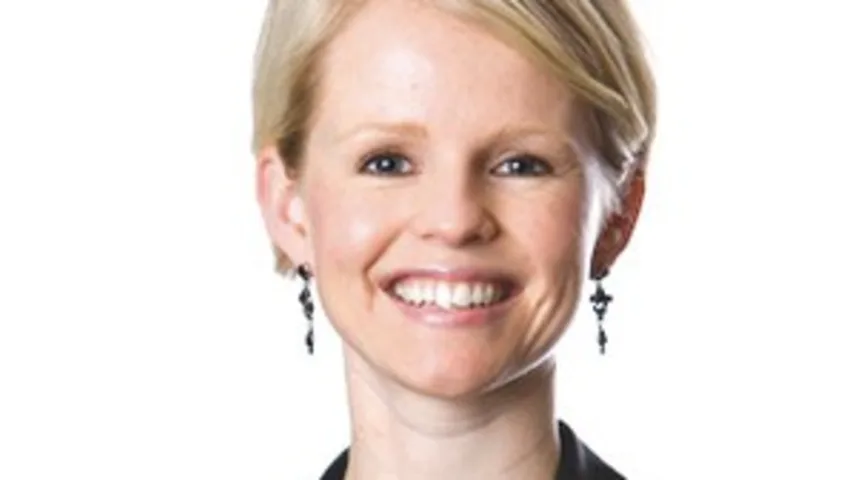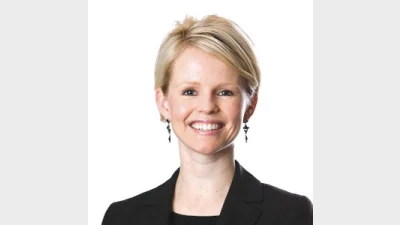TASA debate reaches its crescendo



Although it seems to have been going on forever, the saga of financial planners and the Tax Agent Services Act 2009 (TASA) seems to be finally reaching a crescendo.
On 30 June the current deferral of TASA will expire and the Act will begin applying to advisers unless the deferral arrangements are further extended.
The Financial Planning Association is actively lobbying for another deferral given the remaining questions around the provision of product non-specific 'strategic advice’ and the new requirements for education and experience.
Strategy Steps’ Louise Biti believes the one thing that seems certain at this stage is that advisers will need to do additional training.
“There are no clear details yet, but potentially financial planners will need to do further training,” she says.
MLC’s Gemma Dale believes the biggest problem with the new regime will be in terms of definitions. “It is a very grey area between the rules around giving advice on tax and planning.”
The new TASA regime will clearly differentiate those advisers providing tax advice services, she says.
“The new rules make it clear advisers are not to contact the ATO on behalf of clients - which often happens around contribution cap issues - as this is the job of a tax agent. So advisers need to stop doing this, as it is only for tax agents.”
Other superannuation questions are also likely to create problems.
“It is always complicated around superannuation as it is a very tax driven regime. It is also very tricky around the CGT rules,” Dale notes.
She believes advisers will take some time to find their feet with the new regime. “As with any change to the regulatory framework, a planner need to understand what it means for them and their business.”
It is also likely to place many practices under more pressure.
“There will be a substantial number of accountants and financial planners who, in light of the accountant exemptions and TASA regimes, review their business model and make decisions about whether or not they will give tax advice, or hire someone able to do so, as qualified under the relevant regime,” Dale predicts.
Recommended for you
The top five licensees are demonstrating a “strong recovery” from losses in the first half of the year, and the gap is narrowing between their respective adviser numbers.
With many advisers preparing to retire or sell up, business advisory firm Business Health believes advisers need to take a proactive approach to informing their clients of succession plans.
Retirement commentators have flagged that almost a third of Australians over 50 are unprepared for the longevity of retirement and are falling behind APAC peers in their preparations and advice engagement.
As private markets continue to garner investor interest, Netwealth’s series of private market reports have revealed how much advisers and wealth managers are allocating, as well as a growing attraction to evergreen funds.











